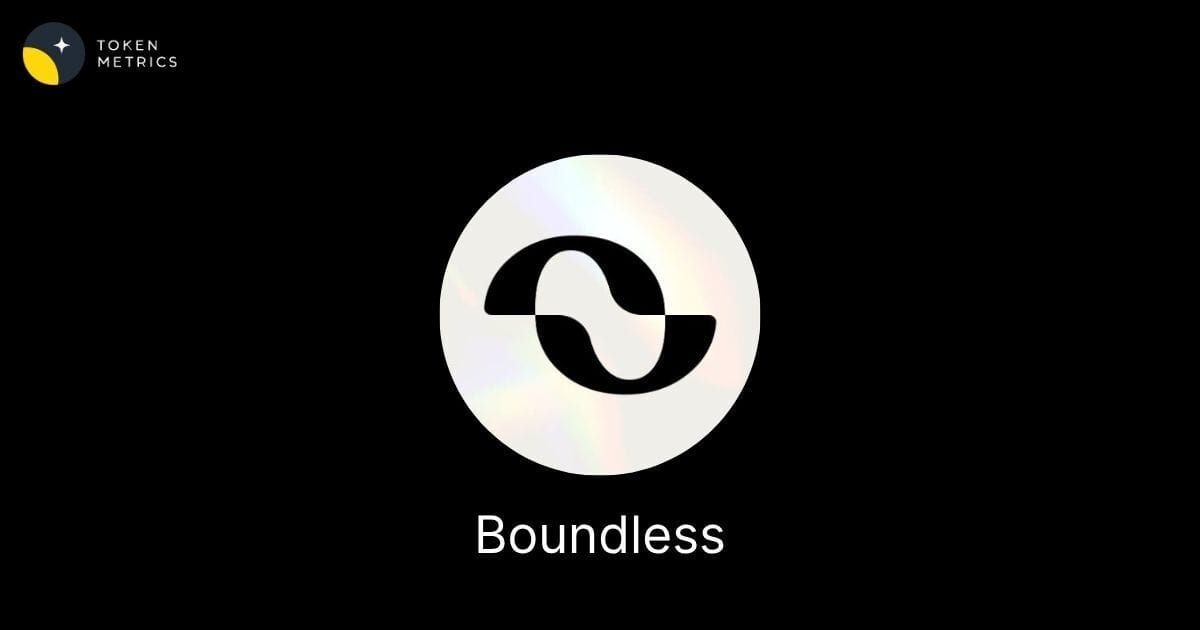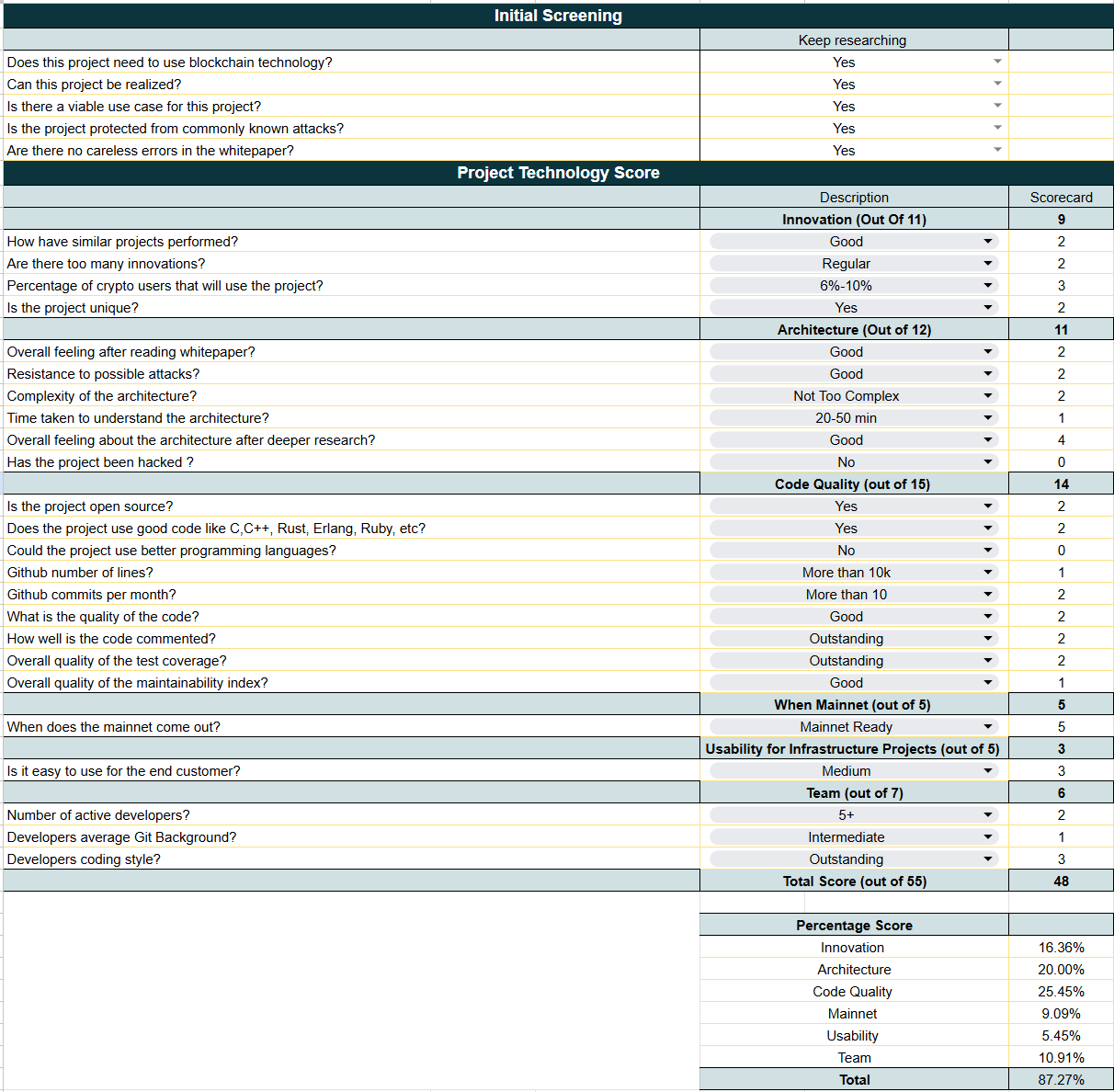
Introduction
Boundless is a decentralized protocol designed to provide verifiable compute across any blockchain. It introduces a system where offchain computations are performed by a decentralized network of provers, with results submitted as succinct ZK (zero-knowledge) proofs that can be verified onchain. This allows blockchains to retain their consensus integrity while offloading heavy computation.
By separating execution from consensus, Boundless aims to become a foundational infrastructure layer for scalable, provable offchain computing—enabling secure ZK rollup enhancements, verifiable applications, and efficient onchain validation without redundant work.
Innovation
Boundless introduces several novel elements in decentralized computation and proof systems:
Proof of Verifiable Work (PoVW):
A new consensus-agnostic model where provers earn rewards for fulfilling computational tasks, verified by zero-knowledge proofs. Unlike traditional miners or stakers, these nodes are incentivized purely for useful compute.Steel Coprocessor for the EVM:
A zkVM-based offchain computation engine that integrates with the EVM, allowing complex workloads (e.g., aggregation, long-running computation) to be executed offchain and returned as a succinct ZK proof verifiable in constant gas.Hybrid ZK Rollup Framework (OP Kailua):
Combines optimistic rollups with ZK dispute resolution. This hybrid model introduces a more efficient challenge-response structure, blending the performance of optimism with the cryptographic guarantees of ZK.Boundless Market:
A decentralized marketplace where developers submit computation requests, and provers compete to generate the best proofs—allowing demand-driven, permissionless compute provisioning.
Architecture
Boundless is designed around a decoupled execution and consensus model. Its architecture is built to support generalized verifiable computation across multiple chains.
Core Components:
zkVM:
Developers write programs for a zkVM that compiles logic into verifiable proof-compatible formats. This allows expressive, deterministic computation across use cases.Proof Lifecycle:
Developer writes a zkVM-compatible program.
A request is broadcast to the Boundless Market.
Provers bid and execute the request offchain.
Proofs are aggregated and submitted.
Onchain verification occurs; rewards are disbursed.
Boundless Market SDK:
High-level Rust API suite for developers to interact with the marketplace, handle inputs, and manage proof workflows.boundless-cli:
CLI tool for prover node operations: staking, submitting proofs, handling requests, and fund management.Steel zk-coprocessor:
Works as a programmable coprocessor for EVM chains—enabling heavy offchain computation with constant-cost onchain verification.OP Kailua:
Native rollup enhancement built by RISC Zero, acting as an intelligent dispute-resolution mechanism using ZK proofs instead of full fraud proofs.
This modular architecture enables composability across ecosystems while maintaining minimal trust assumptions.
Code Quality
Boundless demonstrates technical maturity, especially in the following aspects:
Rust-Centric Tooling:
Rust is used extensively across the stack, reflecting a focus on performance and safety. The Boundless SDK and CLI show clean abstractions for market interaction and proof handling.zkVM Integration:
Programs for the zkVM must be deterministic and bounded in execution. Boundless appears to handle these constraints well, offering abstraction layers to simplify proof generation and submission.Aggregation Support:
The system supports recursive proof composition—an advanced feature for reducing verification overhead and enabling batch processing.Security & Verification:
Proof verification is designed to be constant-gas, which mitigates denial-of-service vectors and provides predictable cost modeling. However, public audit availability and fuzz testing coverage are not fully disclosed and would benefit from greater transparency
Usability
Boundless targets two core user groups: developers building verifiable apps and prover nodes performing computation.
For Developers:
High-level Rust SDK simplifies market interactions.
Abstracts away proof generation and verification complexities.
Potentially steep learning curve due to zkVM constraints and proof lifecycle nuances.
For Provers:
boundless-clienables streamlined operations.Economic rewards tied to work quality and task complexity.
Requires significant compute resources and familiarity with zkVM architecture.
Overall, while usability is still emerging, strong abstractions exist for those with moderate technical proficiency in zero-knowledge systems.
Team
Boundless is developed by RISC Zero, a team recognized for their work in verifiable computing and ZK infrastructure. Their contributions to zkVMs and the hybrid rollup space are well-regarded in the cryptographic community.
Background:
The team brings a research-oriented approach, with emphasis on formal methods, performance tuning, and scalability.Public Activity:
RISC Zero has maintained active communication through development updates, GitHub activity, and community engagement.Notable Contributions:
zkVM implementation.
Recursive proof strategies.
OP Kailua framework.
Conclusion
Boundless represents a significant evolution in decentralized computing infrastructure by combining the rigor of zero-knowledge proofs with the scalability needs of modern smart contract ecosystems. Its ability to abstract compute from consensus allows any chain to tap into secure, efficient, and verifiable computation without increasing onchain load.
Boundless is well-positioned as an early mover in the verifiable compute space. With continued maturity in its prover incentives, developer tooling, and security transparency, it has the potential to become a key infrastructure layer for zk-based applications across chains.

Boundless Scorecard
